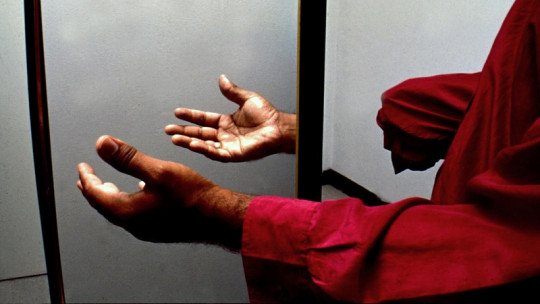
In the digital age in which we live, interpersonal relationships have undergone a radical transformation Communication has gone from being primarily face-to-face to being heavily mediated by technology. However, this evolution has also given rise to an increasingly common and painful phenomenon.
What is Ghosting?
It is a way to end a relationship or communication with someone abruptly and without prior notice. In other words, it means disappearing from someone’s life without explanation or goodbye This term comes from the word “ghost” in English, which means ghost, referring to how a person suddenly disappears like his would never have been present. Ghosting can manifest itself in various ways, and it is important to understand its different forms:
1. Ghosting in romantic relationships
This is the most well-known and painful type. A person may stop responding to messages, calls, and avoid any form of contact for no apparent reason. This can happen after a date, in the middle of a relationship, or even after years together
2. Ghosting on social networks
In the digital age, it is common for people to be suddenly deleted or blocked on social networks, without explanation or apparent reason. This can cause confusion and hurt the feelings of those who are ghosted online.
3. Ghosting in friendships
It not only happens in the romantic sphere, but it can also manifest itself in friendships. A friend may stop responding to messages and avoid social gatherings without explanation
4. Ghosting at work
In the workplace, it can take the form of an employee who disappears without warning or an employer who stops responding to an employee’s attempts at communication.

Personality of a person who does Ghosting
The personality of those who practice ghosting can vary, but certain traits are usually present:
How to Cope When You’re Ghosted
Ghosting can be a painful and confusing experience, but there are ways to cope with it in a healthy way:
1. Give time to your emotions
It’s natural to feel hurt, angry, or confused when you’re ghosted Allow yourself to feel these emotions and process them before taking any action.
2. Don’t blame yourself
Remember that ghosting reflects more on the person doing it than on you. Don’t take blame for their behavior.
3. Communicate your feelings
If you feel comfortable and safe enough, you can try to contact the person who ghosted you to express your feelings and get closure.
4. Maintain self-esteem
Ghosting can make you feel undervalued or unappreciated It is essential to remember your own value and maintain healthy self-esteem. Focus on your personal qualities and achievements.
5. Learn from experience
There are always lessons that can be learned from difficult situations. Reflect on what you have learned from this experience, how you can grow as an individual, and what you want in future relationships.
6. Set clear boundaries
In future relationships, set clear boundaries from the beginning and communicate your expectations. Effective communication can help prevent ghosting or at least reduce confusion if it occurs.
7. Don’t rush into new relationships
After experiencing ghosting, it is important not to rush into new relationships. Take the time to emotionally heal and be ready for a new connection without carrying the emotional baggage of the past experience
8. Seek support
Talk to trusted friends or seek support from a therapist if it has a significant impact on your emotional well-being, who will give you tools to deal with this situation. Sharing your feelings can help you process what you have experienced.

Conclusions
In conclusion, ghosting is a painful phenomenon that can affect any person in different areas of life. Understanding its types and possible motivations behind it can help us deal with this experience in a healthier way. The key is to take care of our emotional health and learn in our relationships








